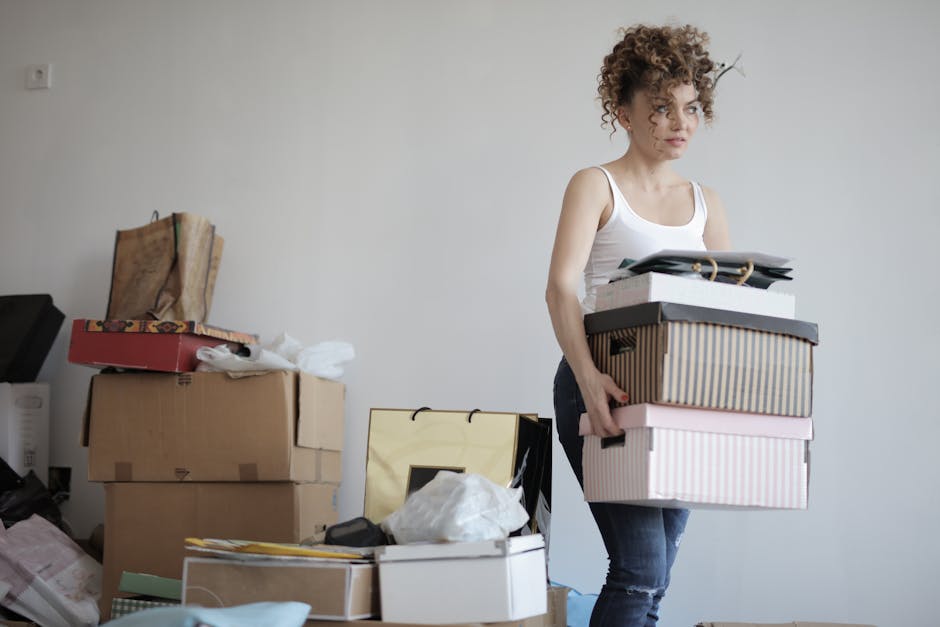
The Surprising Link Between Clutter and Procrastination
Have you ever wondered why you seem to procrastinate more when your living or working space is cluttered?
It turns out that there is a surprising link between clutter and procrastination that many people are unaware of. Research has shown that a cluttered environment can have a negative impact on your ability to focus and complete tasks efficiently.
When you're surrounded by clutter, your brain can become overwhelmed and distracted. This can make it harder for you to concentrate on the task at hand and can increase the likelihood of procrastination.
Clutter can also contribute to feelings of stress and anxiety, which can further hinder your productivity. It's not only the physical clutter that affects you but also the mental clutter caused by the visual disturbance of a messy space.
Fortunately, there are steps you can take to break the cycle of clutter and procrastination. Start by decluttering your environment, whether it's your workspace, bedroom, or living area. Remove any items that you no longer need or use and organize the remaining items in a way that is visually appealing and promotes a sense of calm.
In addition to decluttering, it's important to establish good organization habits to prevent future clutter from accumulating. Make a habit of tidying up your space at the end of each day or week, so it doesn't become overwhelming.
By taking the time to declutter and organize your space, you'll likely find that your ability to focus and complete tasks improves. You'll experience less stress and feel more motivated to tackle your to-do list. The link between clutter and procrastination is a real phenomenon, but luckily, it's one that you have the power to overcome!
